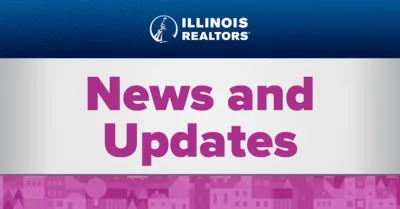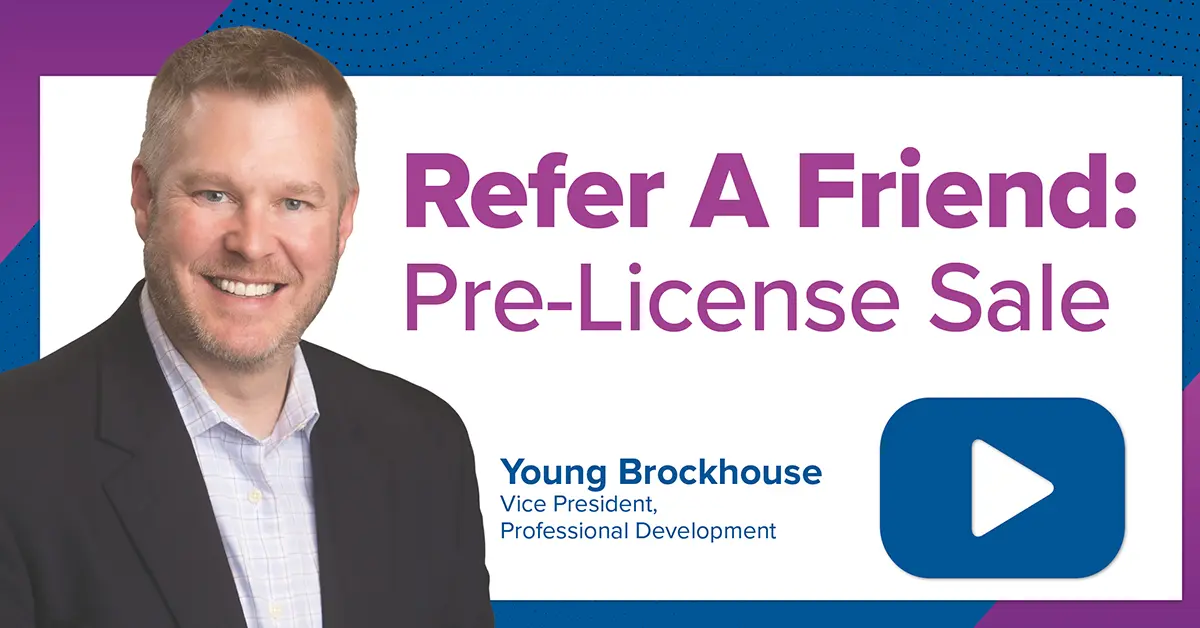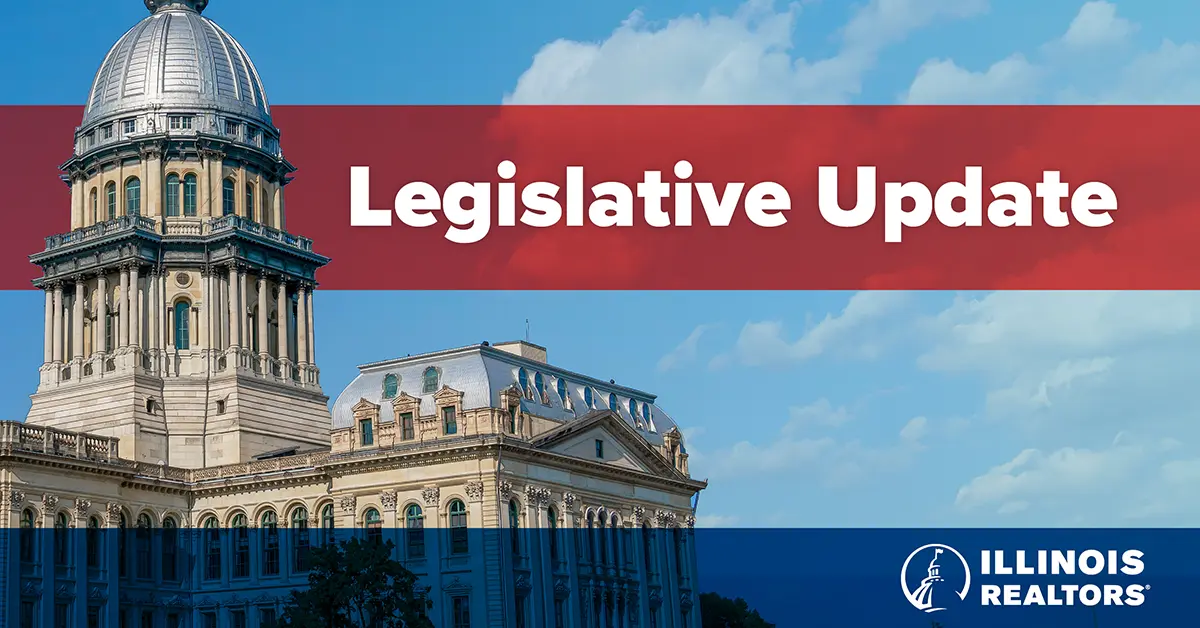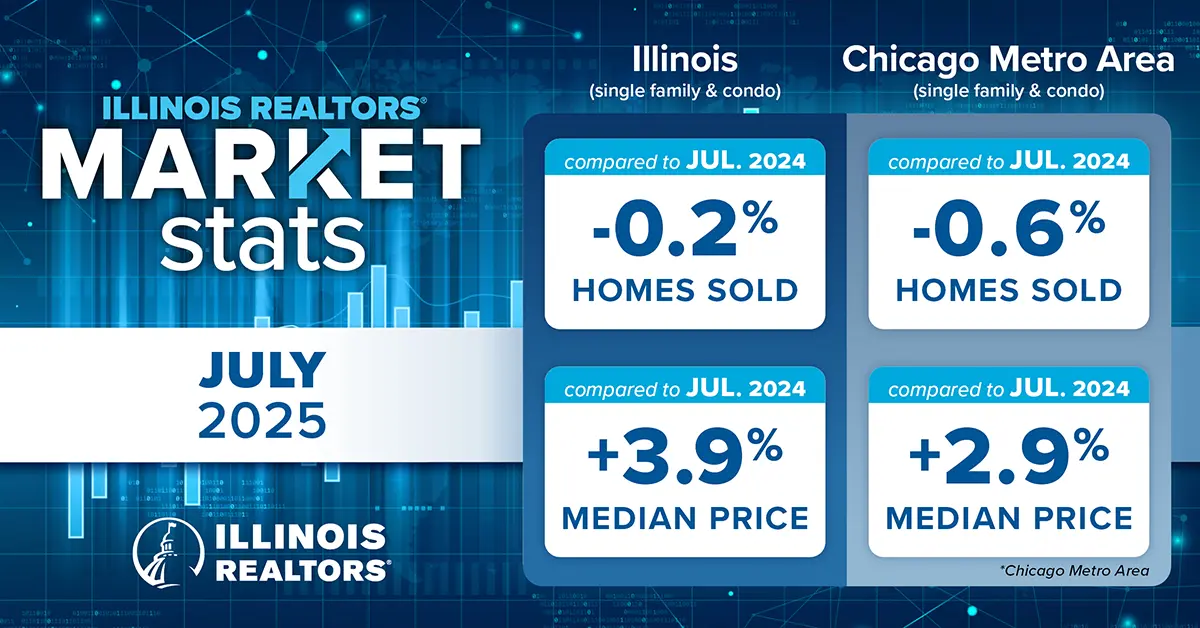In the wake of the National Association of REALTORS® (NAR) proposed settlement in the Sitzer/Burnett lawsuits and others, where practice changes will become commonplace, we must remember that the Illinois Real Estate License Act (RELA) still regulates the practice of real estate brokerage in Illinois.
In Illinois, RELA presumes that licensees represent the person with whom they are working to provide real estate brokerage services to their clients as their designated (or legal) agents. This means that agents owe their client statutory (fiduciary-like) duties, such as, serving their client’s interest over their own, performing according to their brokerage agreement, keeping the client’s confidential information safe, keeping track of any money entrusted to them, etc. See Section 15-15 of RELA. When this happens, whether there is a written brokerage agreement or not (written agreements will be required soon), the designated agent must give the client written disclosure of this relationship.
Also, under RELA, if an agent is working with a client on one side of the transaction, that agent might be able to treat the opposing party as a customer. This will happen when the other party opts against having an agent and does not want to be in a dual agency situation. When this happens, the agent gives the unrepresented party a Notice of No Agency and owes the customer a duty of honesty.
RELA does not specifically provide for a real estate licensee to be any sort of non-agent, facilitator or transactional agent where the licensee would essentially owe no agency duties to the consumer. If a licensee tries to contract away their duties in the form of some other type of agreement, there is a danger that when and if a consumer suffers some economic harm a court might default to the common law fiduciary duties as those owed to the consumer. We are seeing forms purporting to do just that, disclaiming agency duties.
Agents should beware of these forms and consult with their own designated managing brokers and their company legal counsel for specific advice on whether or not these types of agreements would be advisable and compliant with RELA.

















